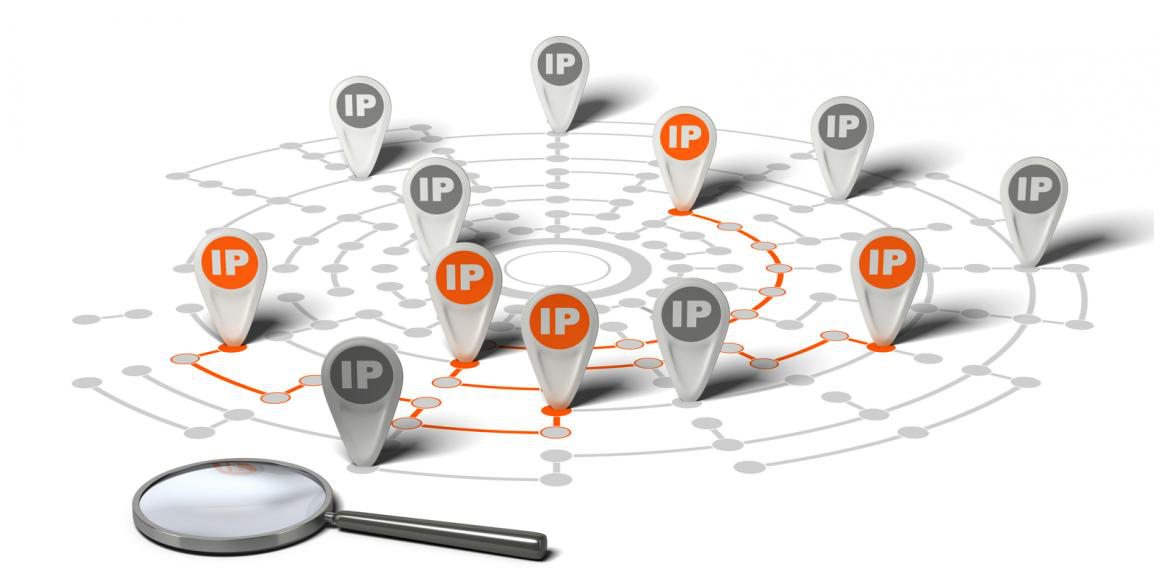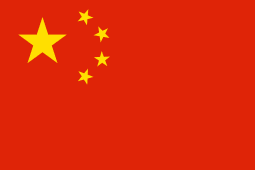![]()

September 19, 2018
The Evolution of IPv4 Address Blocks
Internet Protocol (IP) is a system that identifies hardware connected to the internet with a unique address. The abbreviation used for internet protocol version 4 is IPv4. It is the commonly used route for today’s internet traffic, along with IPv6.
IPv4 addresses space size is 32 bits, whereas, IPv6 has a space size of 128-bits.
A bit is a unit that measures the size of storing capacity in binary numbers. There is a pool of addresses which make up the IP system, but not all addresses can be used or assigned to any hardware.
A brief history of IPs
The genesis of internet came in the shape of ARPAnet (Advance Research Project Agency) authorized by the US Department of Defense in 1969.
The site hosted 4 networks, but with time, it grew in size. Back in the days, addresses were 8-bit in size. This means numbers like 10 or 120 can be allocated to different networks. When the need of inter-network connection emerged in the market, ARPAnet became outdated.
TCP
In early 70s, Robert Khan and Vinton Cerf began working on a better internet protocol that allowed information transfer between heterogeneous networks, called Transmission Control Program. This protocol was split into 4 different versions. The third version split the existing protocol into two branches, Transmission Control Protocol (TCP) and Internet Protocol (IP).
In 1978, the first draft of IPv4/TCP was published, but it took 3 more years to become a standard procedure. Finally, in 1983, ARPAnet adopted IP/TCP protocol, leaving behind the old NCP.
Novelty of 32-bits
32 bits seemed like a good enough size in 1980s, since personal computing wasn’t common back then. In 1981, NSF expanded on their network and accommodated more networks with introduction of NSFnet.
NSFnet quickly became popular, making it the backbone of Internet. In 1991, ARPAnet ceased to exist and the Internet began its journey, hosting 1000 networks and 3 million users. The scalability of internet was questioned, which led to simplification of internet registries.
Initially, addresses were managed by IANA (Internet Assigned Number Authority). They assign a range of IP addresses to different regions around the globe.
World Wide Web

The idea of the Internet was revolutionized when the World Wide Web made a debut in 90s. Further standards were introduced to mitigate the exhaustion of IPv4 addresses. These standards made it easier for hosts to become addressable on the internet.
Need to buy, lease or sell IPv4 address?
Get in touch with IPv4 Mall, a reliable and trusted broker for IPv4 addresses. Make use of our expert consultancy services for address space brokerage. For more details call 1-310-299-0944.
Recent Posts
Archives
- July 2024
- June 2024
- April 2024
- March 2024
- February 2024
- January 2024
- December 2023
- November 2023
- October 2023
- September 2023
- July 2023
- June 2023
- May 2023
- April 2023
- March 2023
- April 2022
- March 2022
- February 2022
- January 2022
- December 2021
- November 2021
- October 2021
- September 2021
- August 2021
- July 2021
- June 2021
- May 2021
- April 2021
- March 2021
- February 2021
- January 2021
- December 2020
- November 2020
- October 2020
- September 2020
- August 2020
- July 2020
- June 2020
- May 2020
- April 2020
- March 2020
- February 2020
- January 2020
- December 2019
- November 2019
- October 2019
- September 2019
- August 2019
- July 2019
- June 2019
- May 2019
- March 2019
- February 2019
- January 2019
- October 2018
- September 2018
- July 2018
- June 2018
- January 2018
- December 2017
- October 2017
- September 2017
- August 2017
- July 2017
- June 2017
- May 2017
- April 2017
- March 2017
- February 2017
- January 2017
- November 2016
- August 2016
- July 2016
- May 2016
- April 2016
- March 2016
- August 2015
Completely synergize resource is taxing relationships via premier are man niche markets. Professionally cultivate one to one customer.
Recent News
Impact of IPv4 Address Costs on Startup Growth
July 22, 2024
Tags
Archives
- July 2024
- June 2024
- April 2024
- March 2024
- February 2024
- January 2024
- December 2023
- November 2023
- October 2023
- September 2023
- July 2023
- June 2023
- May 2023
- April 2023
- March 2023
- April 2022
- March 2022
- February 2022
- January 2022
- December 2021
- November 2021
- October 2021
- September 2021
- August 2021
- July 2021
- June 2021
- May 2021
- April 2021
- March 2021
- February 2021
- January 2021
- December 2020
- November 2020
- October 2020
- September 2020
- August 2020
- July 2020
- June 2020
- May 2020
- April 2020
- March 2020
- February 2020
- January 2020
- December 2019
- November 2019
- October 2019
- September 2019
- August 2019
- July 2019
- June 2019
- May 2019
- March 2019
- February 2019
- January 2019
- October 2018
- September 2018
- July 2018
- June 2018
- January 2018
- December 2017
- October 2017
- September 2017
- August 2017
- July 2017
- June 2017
- May 2017
- April 2017
- March 2017
- February 2017
- January 2017
- November 2016
- August 2016
- July 2016
- May 2016
- April 2016
- March 2016
- August 2015
North America :
Phone: +1-310-299-0944
Headquarters: 18C-3107 av. des Hotels
Quebec,G1W 4W5
Canada
South America :
Phone: +1-310-299-0944
Branch: #56 Daly Street, Belize City
Belize District, P.O. Box 1825
Belize











Recent Comments